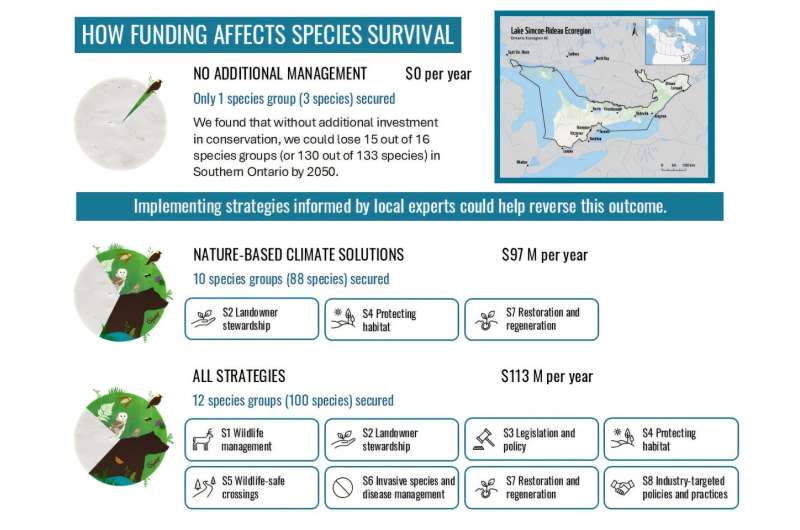Researchers have developed a new prediction model aimed at determining which patients with advanced chronic kidney disease (CKD) would benefit more from conservative care rather than dialysis. This groundbreaking work utilizes data from the national Veterans Affairs and OptumLabs DataWarehouse databases and will be presented at the ASN Kidney Week 2025, scheduled for November 5–9, 2025.
The study highlights significant findings regarding risk factors linked to higher mortality among veterans with advanced CKD. Key factors identified include older age, a more rapid decline in estimated glomerular filtration rate, higher levels of albuminuria, and worse frailty indexes. Other contributing elements include lower serum albumin levels, reduced body mass index, recent hospitalizations, and underlying health issues such as heart disease, sepsis, or tobacco use. The transition to dialysis also emerged as a critical risk factor.
According to Connie Rhee, MD, MSc, the corresponding author and researcher at the University of California Los Angeles and the Veterans Affairs Greater Los Angeles Healthcare System, this risk prediction tool aims to provide individualized survival probabilities for patients considering conservative non-dialytic management versus transitioning to dialysis. Rhee noted that the model demonstrated moderate discrimination capability in differentiating patients at higher risk from those at lower risk, along with acceptable calibration performance when comparing predicted mortality risks to actual outcomes.
The initiative is part of the larger OPTIMAL study, which seeks to build a robust evidence base for non-dialytic management in the advanced CKD population. Rhee emphasized that the study’s findings could significantly enhance patient-centered treatment options.
“By rigorously studying the comparative effectiveness of conservative management versus dialysis transition, our research, along with that of others, has the potential to expand viable options for CKD treatment,” Rhee stated. She underscored the importance of this tool in fostering shared decision-making between patients, their care partners, and healthcare providers regarding the choice between conservative management and initiating dialysis.
The development of this prediction model represents a promising step toward personalizing care for individuals with advanced CKD. As healthcare continues to evolve, tools that support informed decision-making can lead to improved patient outcomes and satisfaction. The findings from the OPTIMAL study could pave the way for broader discussions on treatment strategies, emphasizing a more individualized approach to managing chronic kidney disease.







